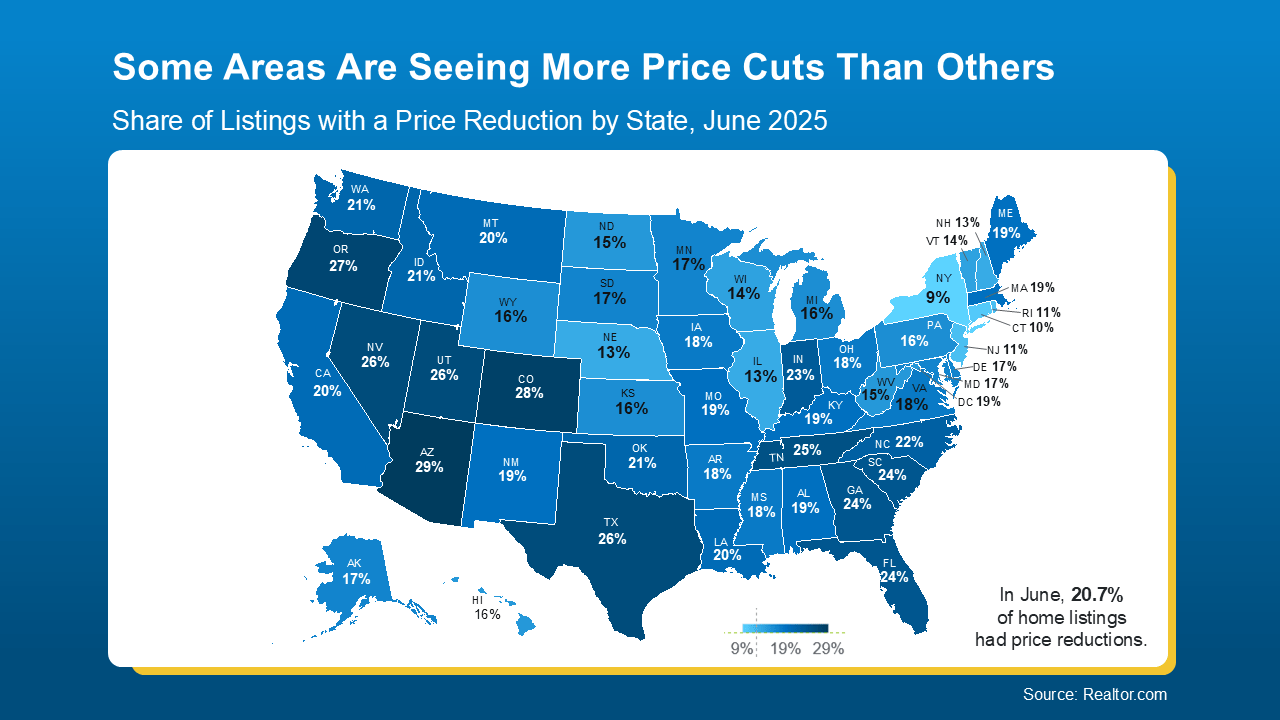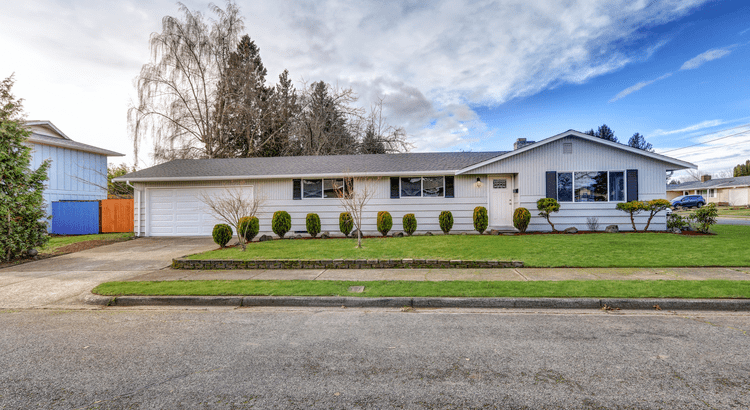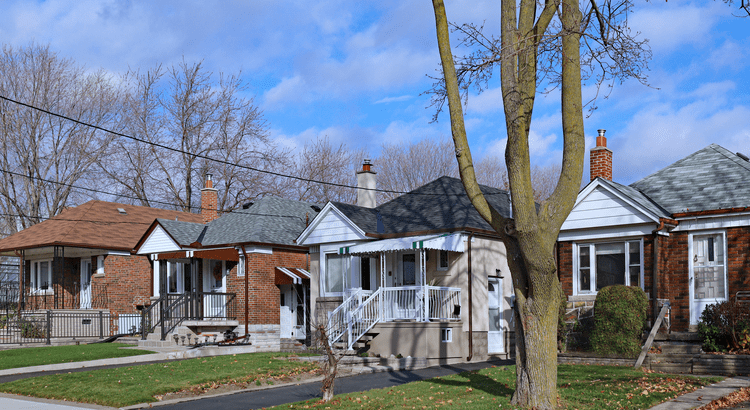The Hidden Dangers of Overpricing Your Home (And How to Avoid Them)

When it comes to selling your home, choosing the right price isn’t just a starting point—it’s your first (and most crucial) move on the chessboard. In a real estate market that's shifting faster than a game of Monopoly, your pricing strategy needs to be sharp, calculated, and guided by real-world data—not emotion or wishful thinking.
Let’s break down what you really risk by pricing your home too high—and how a smart strategy (and a great agent) can help you avoid the traps.
📉 1. Your Home Will Get Ignored—Fast
Let’s be honest: today’s buyers aren’t messing around. With more homes flooding the market, they have the upper hand—and they’re scrolling listings like they’re swiping on a dating app. If your price looks out of sync with similar homes in your area, you’re not just overpriced… you’re invisible.
Why?
Because buyers compare. They’ve done their homework. And if your home doesn’t align with what else is out there, they’ll assume one of two things:
-
You’re out of touch with the market.
-
Something must be wrong with your house.
In both cases, your listing slips into the “meh” pile, and traffic slows to a crawl. You’ll lose the buzz and momentum that new listings usually generate in those crucial first few weeks.
💸 2. You’ll End Up Slashing the Price (And It’ll Hurt More Than You Think)
Here’s the ironic part: when sellers price too high, they often end up with less money in the end. Why? Because once you finally drop the price, it doesn’t just seem like a discount—it can look like a red flag.
Buyers think:
Why didn’t it sell before? Is there something wrong with it? Maybe I should offer even less…
Even if there’s absolutely nothing wrong with your house, the stigma of a price cut can linger like a bad review. And unfortunately, the longer your home sits, the more desperate your sale starts to look.
🏚️ 3. You Might Have to Hit the Pause Button on Your Life
When a home doesn’t sell, sellers are forced to make some tough calls—and none of them are ideal.
Here’s what often happens:
-
You pull the listing entirely, shelving your dreams of upsizing, downsizing, or relocating.
-
You decide to rent it out, thinking it’s a quick fix—only to find yourself managing tenants, maintenance issues, and late payments.
-
You keep dropping the price, hoping something sticks, while losing both time and money.
Let’s be real—none of these were part of your original plan. You wanted to move forward, not spin your wheels. And this all stems from one bad decision: overpricing.
🏡 Local Market Matters (More Than National Trends)
It’s tempting to price your home based on headlines or what your neighbor sold for last year. But that’s a risky move.
Real estate is hyperlocal. What’s happening across the country—or even in the next city over—may have little to do with your zip code.

Recent Posts










GET MORE INFORMATION
